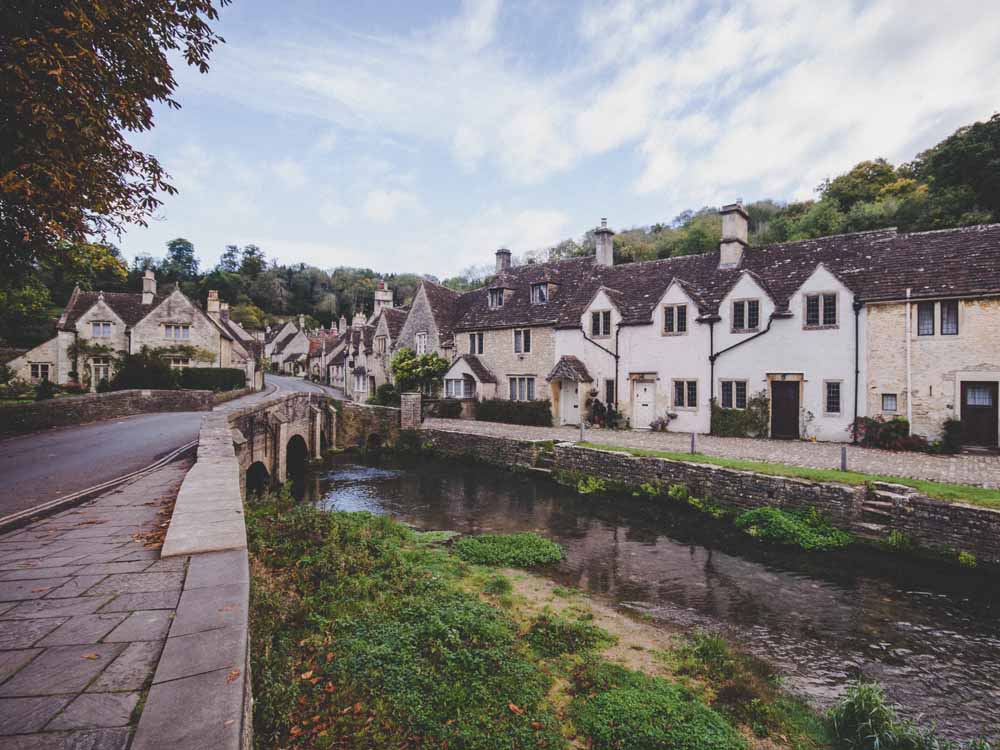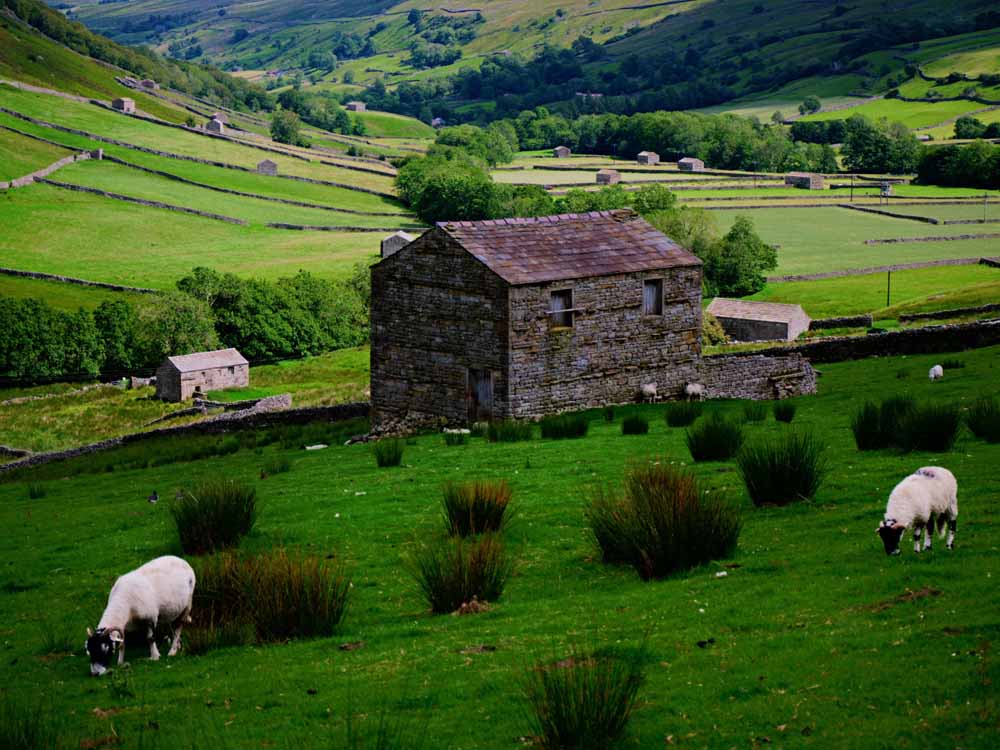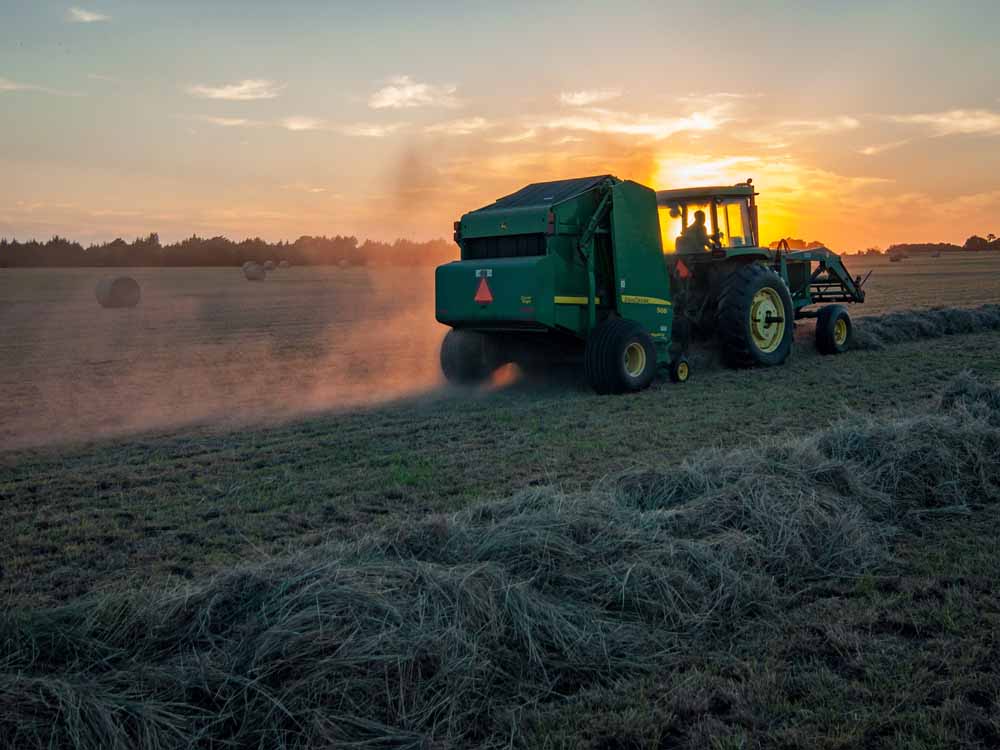Covid-19 and rural estates
Georgie Veale of Knight Frank’s Rural Asset Management team provides a timely update on some of the Covid-19 issues affecting rural property owners
5 minutes to read
As summer turns to autumn and tighter movement restrictions kick in, nervousness in the property market rises and some businesses look set to struggle. Covid-19 is another hurdle to tackle on top of Brexit and climate concerns, but with constant changes and new regulations, rural business owners have an increasing amount to navigate.
However, increased interest in the countryside during lockdown has created huge opportunities for farmers and landowners to strengthen their businesses and, with the government introducing various support mechanisms, rural business and estates can benefit.
We explore below the latest legislation and how it impacts rural estates, landowners and farmers.
Let Properties

Photo by Ivy Barn on Unsplash
The Coronavirus Act 2020 provides protection to social and private tenants through the ban on evictions and the delay in time for landlords to start proceedings to evict tenants. This has now been extended through legislation until 31 March 2021.
Landlords are unable to start possession proceedings unless they have served a six months’ notice on the tenants of the property. This rule does not apply for cases such as domestic abuse, anti-social behavior and where a tenant has accrued rent arrears to the value of over six months’ rent.
With regards to mortgages, lenders have agreed to offer payment holidays where needed due to the coronavirus-related hardship of up to three months. This also includes buy-to-let mortgages. The window for new applicants has been extended to 31 October 2020.
Business

Photo by Ian Cylkowski on Unsplash
Under Rishi Sunak’s Winter Economy Plan, the government is giving all businesses that borrowed under the Bounce Back Loans Scheme more flexibility to repay, through the ‘Pay as you Grow’ Scheme. The scheme offers greater flexibility and more time, with loan repayments being extended from six to 10 years, nearly halving the average monthly repayments. The deadline for applying for a bounce back loan has been extended until 30 November 2020.
The Self-Employment Income Support Scheme (SEISS) allows those self-employed who are continuing to trade but face reduced demand as a result of coronavirus, the ability to apply for an initial lump sum covering three months’ profits for November until the end of January 2021.
Furthermore, self-assessed Income Tax payers are being given an extension on payments. Those deferred from July 2020 and those with bills due in January 2021 will now be able to pay over 12 months until January 2022.
Rural Estates

Photo by Nick Fewings on Unsplash
Shooting has been included in the activities that are exempt from the rule of six. After substantial work by BASC and other organisations, rural activities such as shooting and hunting can continue under strict Covid protocols, where the organiser or a participant holds a valid shotgun or firearms certificate. This means there is no limit on the number of people taking part and the same goes for the number of beaters, pickers-up and loaders.
Shooting activities exempt from the rule include target shooting, recreational and essential pest control, wildfowling and game shooting and recreational deer stalking. Shoot lunches taken outdoors will need to conform to the guidelines stated below. However, those taken indoors will need to conform to the ‘rule of six’.
The protocols the government have outlined that will need to be followed include the below, which will limit the transmission and manage the risk of Covid-19.
- Carrying out a Covid-19 risk assessment
- Developing cleaning, hand washing and hygiene procedures
- Maintaining two-metre social distancing
- Where people cannot be two metres apart, managing the transmission risk
Rural businesses are looking to adapt, and more and more farms are considering diversification to hospitality and tourism. The staycation trend was on the rise in 2019 and has been ever more so increased with camping and glamping being a popular attraction for UK residents.
Rural property owners with hospitality and tourism businesses will benefit from an extension of the cut in VAT from 20% to 5% until 31March 2021. This extension was part of Chancellor Rishi Sunak’s economic package to mitigate the impact of the virus on businesses and will give the tourism and hospitality sectors confidence to continue trading and adapt to an ever-changing working environment.
With increased demand for remote working environments, farms are also diversifying residential and agricultural buildings to commercial in a bid to ensure a sustainable future for their businesses. Covid-19 is another obstacle when scenario planning that landowners and farmers are having to adjust to and overcome.
Covid-19 Secure Workplaces

Photo by Jed Owen on Unsplash
As part of the recent Winter Economy Plan, the Job Support Scheme which replaces Furlough and the extension of the Self Employment Income Support Scheme should help retain jobs and keep individuals in employment.
Businesses need to ensure, however, that they are following the government’s guidelines when it comes to providing a Covid-19 secure workplace for employees. Part of this includes a thorough risk assessment addressing the risks of Covid-19 and implementing social distancing and control measures. This means that landowners need to update their Health & Safety policies accordingly.
According to government guidelines, rural business risk assessment should include the following:
1) Assessing the risk – Employers have a legal responsibility to protect workers and ensure their health and safety is not compromised, especially from Covid-19
2) Who can work – Particular attention should be paid to the vulnerable and guidelines surrounding their employment
3) Implementing social distancing – Guidelines on two-metre distancing, frequent hand washing, screens, side-to-side working if two-metre distancing can’t be achieved
4) Managing common areas – Reconfiguring seating in break out areas and where possible, using outdoor areas
5) Managing external visitors – Maintaining a record of visitors on site and limiting the number of visitors at any one time
6) Provide signage – Guidelines to employees on social distancing, the use of PPE and other measures implemented to limit the transmission
7) Implementing frequent cleaning – Clearing of workspaces at the end of shifts, sanitisation stations and frequent cleaning of work areas and shared equipment and vehicles
8) Use of PPE and mask coverings – Continue to do so where PPE is already used in the workplace
Managing goods arriving and leaving the farm – Encouraging drivers to stay in vehicles, limiting the number of workers loading/unloading vehicles and revising pick up/drop off times to limit the number of visitors
If you have any concerns about the above please do get in touch with our Rural Asset Management Team